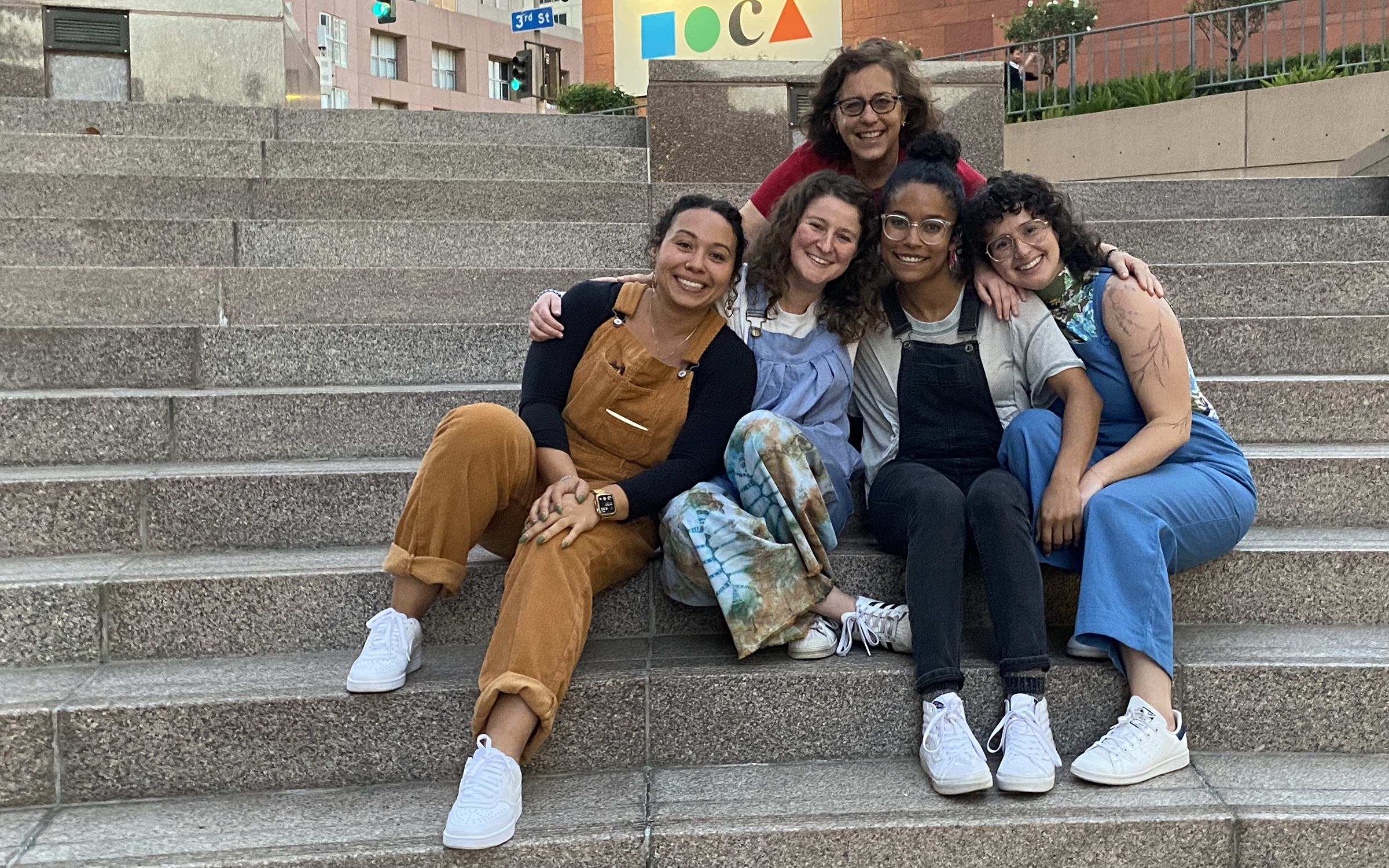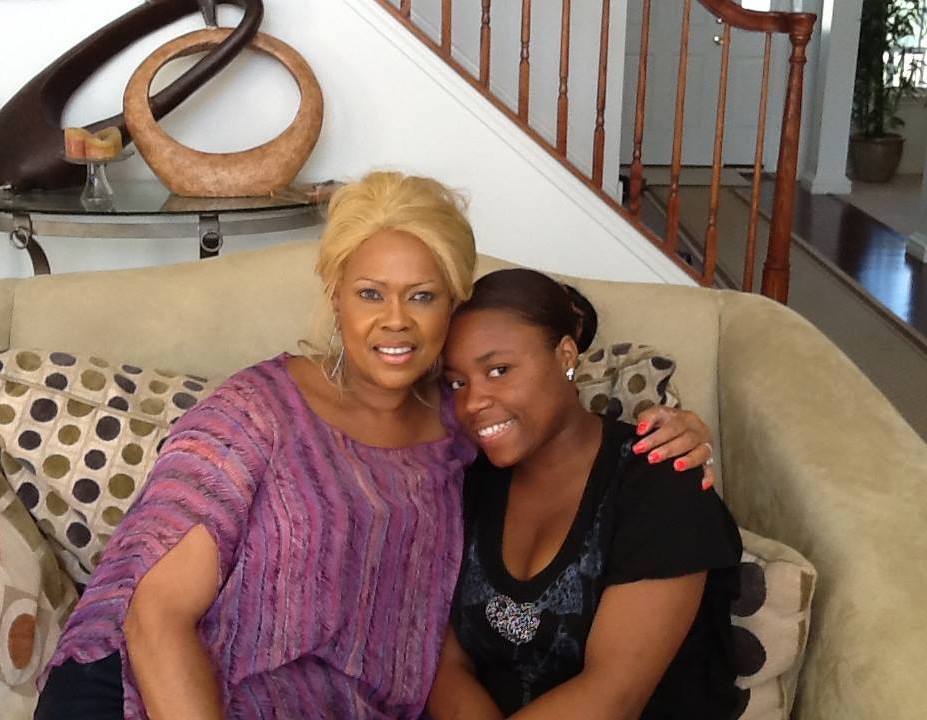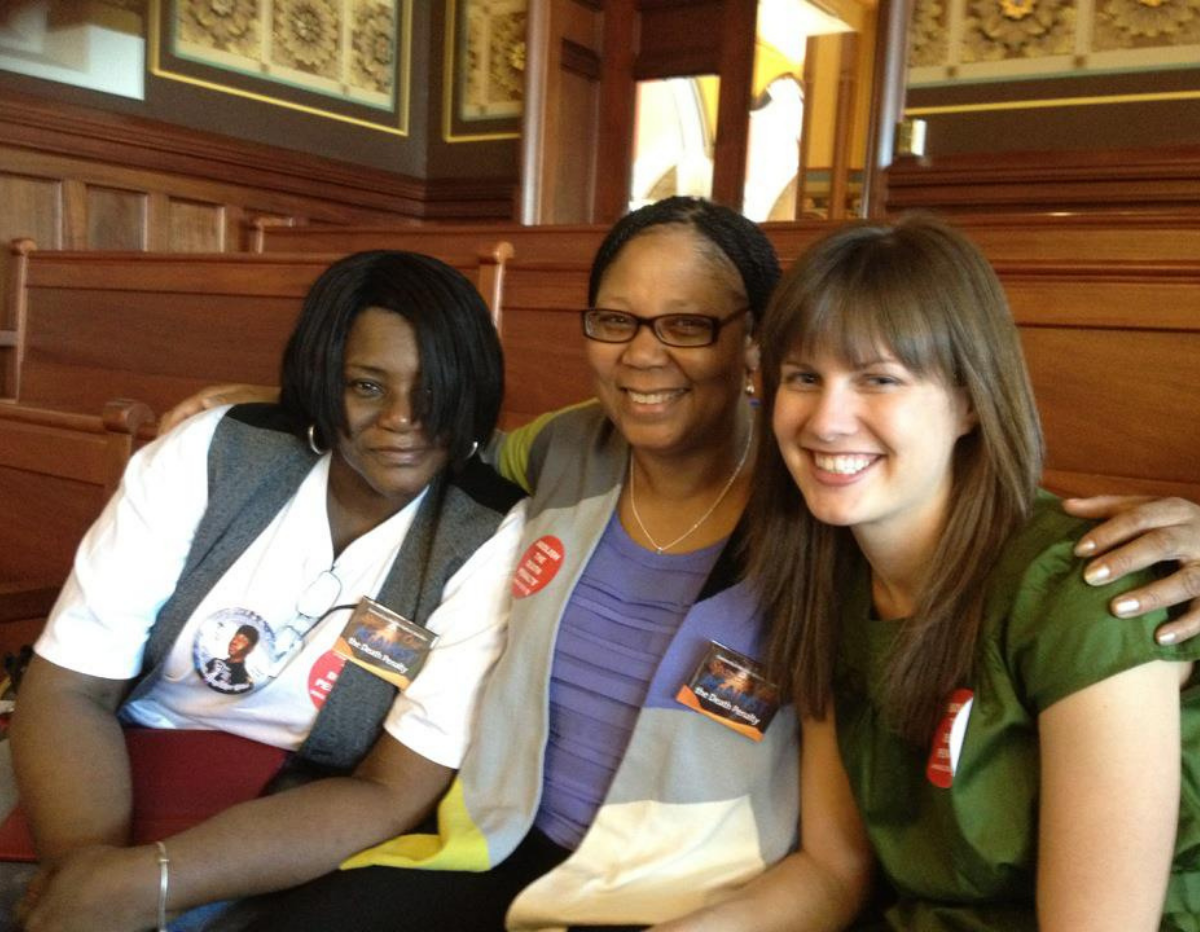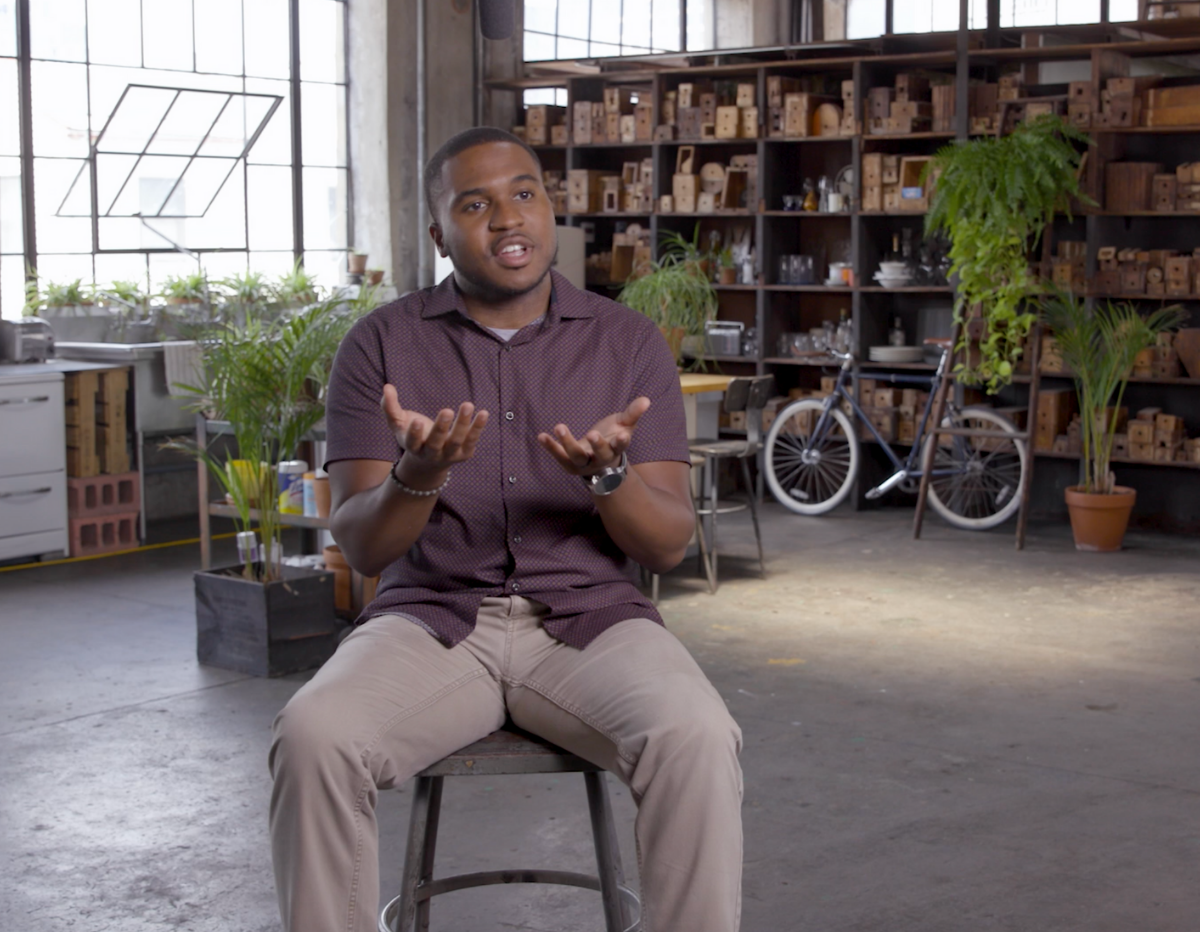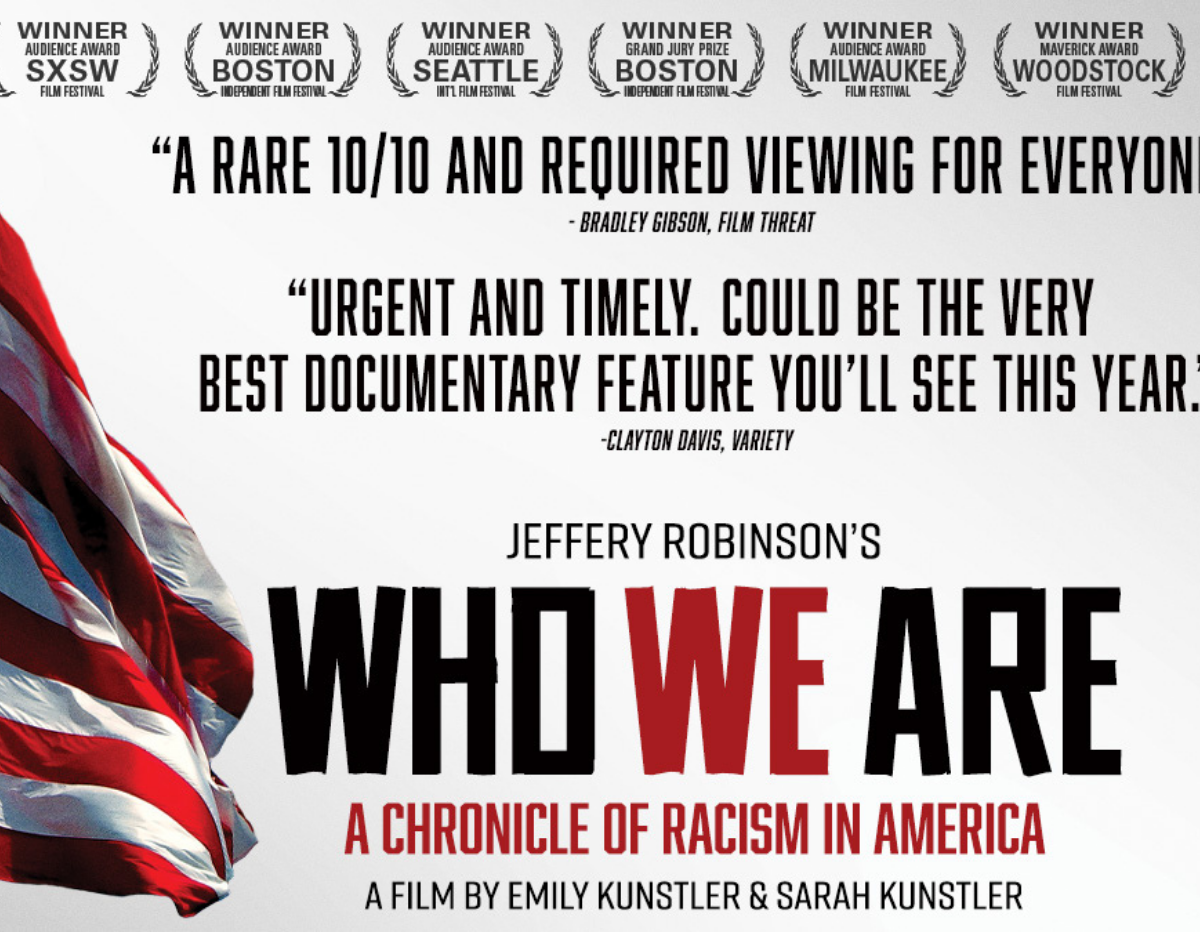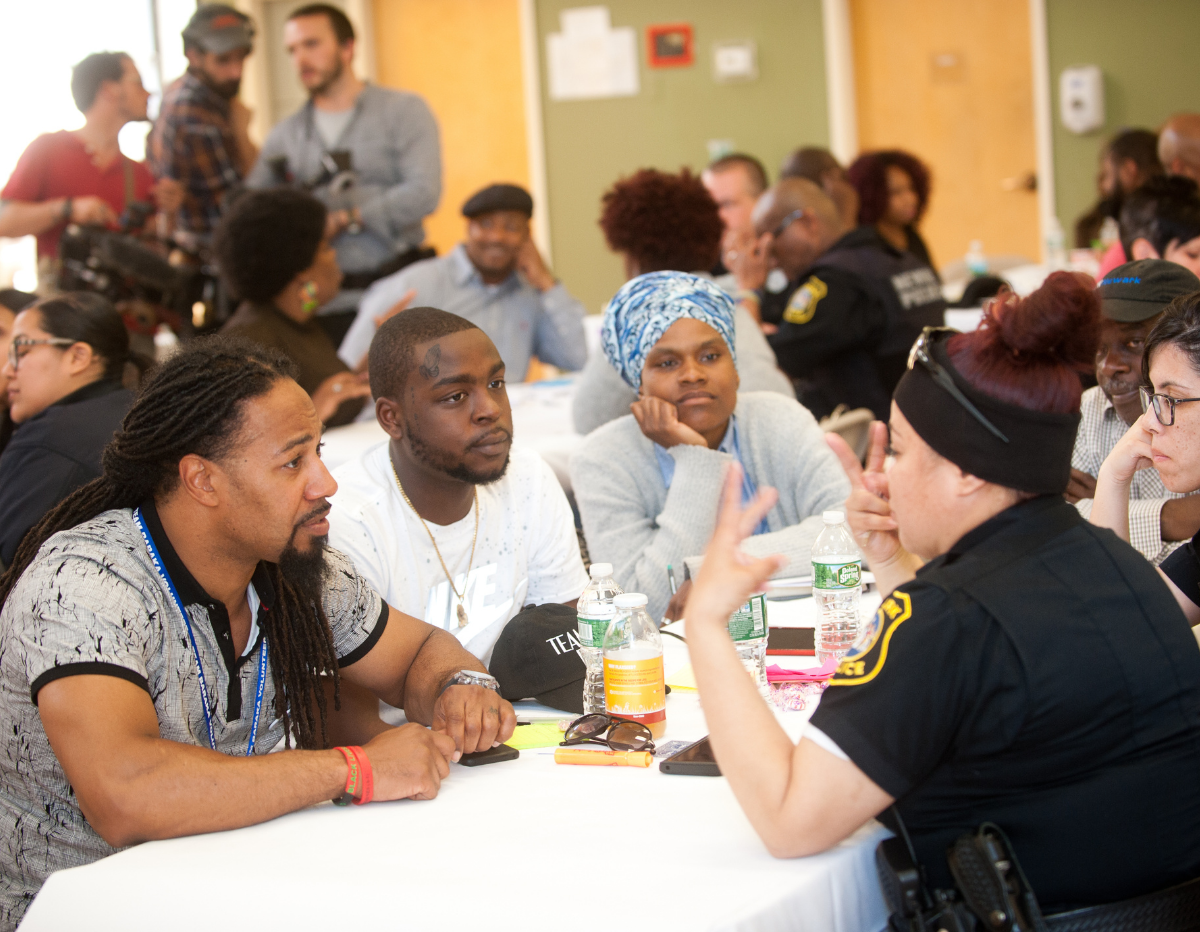When someone joins the EJUSA team, the organization works to get them to Trauma to Trust quickly to experience the exploration of trauma and its impact on people and communities. My turn came in the fall of 2021.
I hit the road, in central New Jersey, at 6 a.m. to get to the training center in Newark early. I was excited to lend staff support to the team as they delivered a unique, innovative training in a challenging session.
I should back up and give a little context. EJUSA’s Trauma to Trust (T2T) program is a 16-hour experience that creates space for community residents such as survivors of violence, formerly incarcerated people, and community activists to have a guided conversation with local police officers. The goal is to reduce harm in the relationship between police and communities of color by increasing empathy, mutual understanding, trust, and accountability that repairs through truth exchanges and learning about trauma.
Every training session is different, but I didn’t expect a potentially traumatic incident to intrude on the work at hand. Our program leader, Lionel Latouche, had his wallet stolen on his way to the session. The experience could have thrown the team off track, for understandable reasons. But the power of a trauma-informed space quickly became evident.
Tracee Thomas, T2T’s project manager, called the EJUSA team — including Zayid Mohammed, our Newark strategist, and Dr. Monique Swift, a former full-time staff who serves as a session facilitator — back to center as we stood facing each other outside the training room.
Tracee led us through grounding techniques and created a sense of safety — crucial when a person is involved in a traumatic situation, regardless of their perspective. We didn’t just learn about trauma, we experienced collective healing together. We did some deep breathing. Each of us shared a word that we would be holding throughout the day. I felt myself relax.
Lionel arrived just a few minutes into introductions, and he and Dr. Swift kicked off the session with a bang. My nerves dissipated as I started soaking up the learning.
Dr. Swift first talked about the three E’s of trauma. Individual trauma is a result of an event that a person experiences that has a lasting adverse effect. So, for instance, a childish scare in a hallway might be an event that you experience, but may not have a lasting impact. However, if hallways continue to scare you, then we would call that a traumatic event.
We shifted to learning about Adverse Childhood Experiences (ACEs). This theory suggests that these traumatic events, specifically in childhood,increase the likelihood of being impacted by a decreased lifespan. We talked about marginalized groups such as Black women, the largest growing group of incarcerated individuals. Their incarceration is often preceded by sexual trauma, hence the notion of a “sexual abuse to prison pipeline.”
You could feel the tension loosen as the community members and police officers leaned in for a Minute Earth video on the science of epigenetics. We learned that fear can change your genetics and impact the chemicals that affect your DNA, as evidenced by a study of Swedish families who suffered starvation. Our T2T cohort included Black and Brown people who collectively nodded as we heard the term “transgenerational epigenetic inheritance.”
By the middle of the day, everyone was eager to dig into locally sourced lunch from Newark’s BurgerWalla. Sharing a meal feels crucial to the process of breaking down barriers and creating common ground. Officers and community members were tentatively sharing jokes as they ate and drank. The day continued with more intensive learning.
We returned to the training center the following Wednesday for another eight-hour day. At this point, people were familiar with each other’s faces. I felt a warmer vibe as we served breakfast and coffee. Attendees were already asking Tracee who would be catering lunch because they knew she’d selected another all-star local vendor. Community members and officers got excited when they learned that Irvington’s KB’s BBQ Smokehouse was on the menu.
Having laid a solid foundation and understanding of trauma in session one, session two focused on equipping participants with trauma-informed responses to incidents of violence.
T2T participants started to open up about the trauma they experience in their respective roles. I teared up as I heard one community advocate talk about the trauma of seeing a loved one’s dead body treated disrespectfully by the police. The pain was palpable, even years later. Another community member was finally able to express his deep grief about losing a childhood friend to gun violence. He had never had the space to express the pain.
My heart ached when I heard a police officer talk about watching a woman take her last breath as her toddler nephew stood by, then having to go to his own home and greet his wife and kids as if nothing significant had happened. Dr. Swift probed the officer about how he felt. Finally, after deflecting for several minutes, he was able to articulate how traumatic that day had actually been. Trauma truly is everywhere. Once this officer reluctantly admitted to the psychological impact his work had on him, he also shared the fact that he struggled to get the support he needed.
The reality is, officers often don’t have the time to properly heal. And there’s some stigma involved when officers do ask for that kind of support, which perpetuates the trauma cycle.That revelation caused many community members to gasp. Who would want their mental health held against them when being considered for promotion? This double-bind drew empathy from the whole room. Our current criminal legal system harms everyone.
We could feel people changing their minds in that training center in Newark: we slowly moved from an “us versus them” paradigm, to a recognition of the universal need to heal from collective trauma caused by violence. We went from blaming individuals, to naming the present day systems and historical dynamics that cause us to lash out. We progressed from seeing punishment as the only solution, to imagining a system where safety is built through collective healing and non-punitive accountability.
I think we all left that day feeling cautiously optimistic about implementing what we’d learned. I, for one, gained a trauma-informed lens that I’m confident will stay with me.
